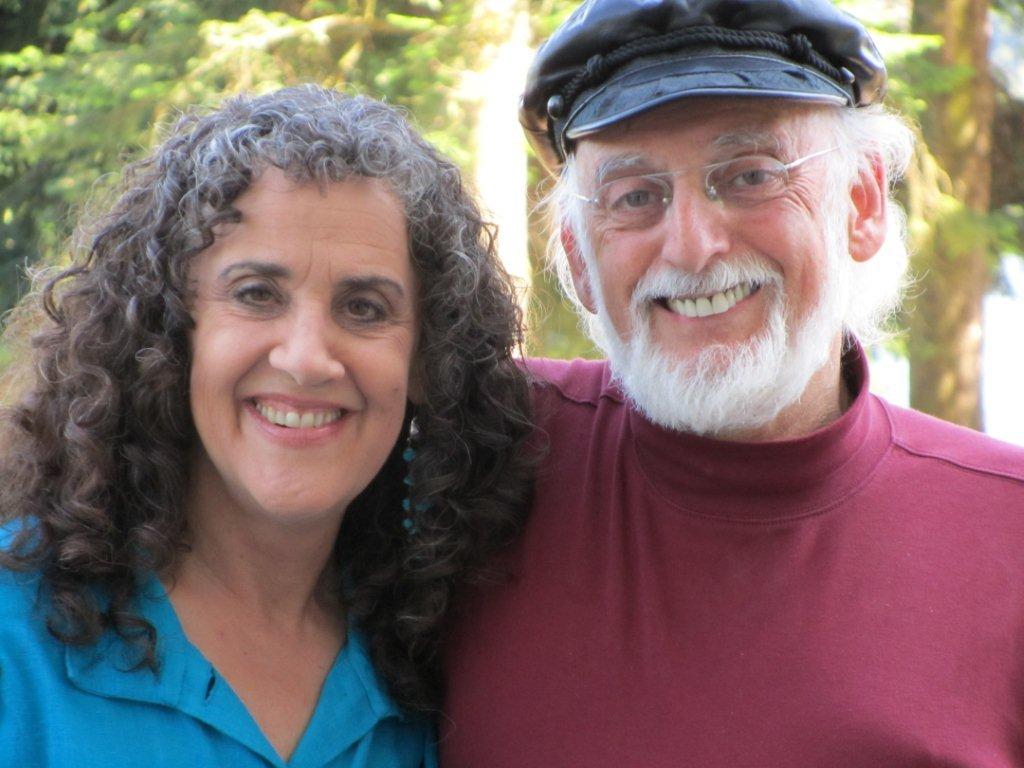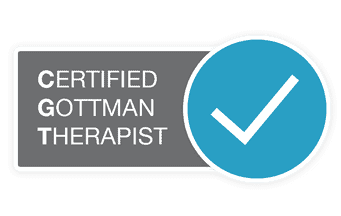Rekindle Your Love Through Our Research-based Therapy
Embrace proactive counseling to maintain and fortify your connection for the years to come.
The average couple waits approximately six years before seeking any kind of help.
If you are at a place where some of the statements below seem all too familiar, it may be time (or past time) for you and your partner to pick up the phone and make that call.
Choosing a partner is choosing a set of problems
— Dan Wile
Why Couples Seek Therapy
We seem to argue about the same two to three things over and over without getting anywhere.
We can’t seem to talk anymore without getting defensive and critical.
I don’t feel like my partner really understands who I am anymore. We don’t talk the way we used to.
We act like roommates or business partners with very little romance or intimacy.
I feel uncomfortable with conflict, and I don’t know how to bring up what’s on my heart without it being misunderstood.
My partner is so emotional, and I am uncomfortable when the emotion starts. So I just don’t go there.
There has been marital infidelity, and we don’t know what to do next.
Many problems in relationships happen because we just don’t know how to talk to each other. Emotions run high in our love relationships, and talking when you feel overwhelmed or if you don’t have the right tools makes the conversation even more difficult. Couples often feel confused because it is difficult to know where to go to learn new skills. Therapy is a safe place to learn the techniques of healthy conversations in relationships. Our work with couples includes helping them learn new ways of talking and hearing their partner and being heard, understood, and accepted for who they are.
We teach couples proven ways to start and continue conversations by introducing the idea of conflict as something that can be positive when handled correctly. They learn how to clean up conversation styles which can that cause defensiveness and criticism.
Couples Learn
How to discuss those “hot topics” that are causing emotional distance.
New problem-solving techniques to find areas of compromise and understanding.
Effective tools to help rebuild their trust and friendship.
How to explore each other’s value systems in ways that don’t feel threatening.
Therapy can help improve relationships in the following areas
Remove the anguish of feeling misunderstood and unappreciated.
Resolve frustration when discussions come up about the “same old problems.”
Change the lack of emotional connection to being best friends.
Rebuild trust and belief in the relationship.
Create a sense of teamwork and renewed admiration for each other.
The Gottman Method of Couples Therapy
What is the Gottman Method of Couples Therapy?
Marriage researcher and therapist, Dr. John Gottman has been researching what makes couples relationships work for over 40 years. His research can predict whether couples will stay together with a 94% accuracy.
The Psychotherapy Networker, a key journal for psychotherapists, recognized Gottman as one of the most influential therapists over the past 2 decades.
Gottman’s 7 Principles of Lasting Relationships
1. Building Love Maps
This principle involves getting to know each other’s worlds – past, present, and future dreams and goals. There is always more to learn about each other if you keep an open mind. Knowing the deepest aspects of each other’s inner worlds builds a stronger relationship.
2. Expressing Fondness and Admiration
Couples in healthy relationships express affection and appreciation for each other. Gottman says that showing respect and fondness for one another is essential for a happy relationship.
3. Turn Toward One Another
Couples who regularly show one another that they value each other have more loving and lasting relationships. They do little things for each other – a phone call during the day, a surprise dinner, supporting one another when one partner has had a bad day, etc.
4. Accept Influence
Happy couples influence each other’s dreams and goals. They involve each other in decisions that each need to make for themselves and the relationship.
5. Solve Solvable Problems
Couples in thriving relationships use compromise to solve solvable differences. Solvable problems are typically situational, not the ones that crop up continuously and have underlying conflict.
6. Manage Conflict and Overcome Gridlock
Unlike solvable problems, perpetual problems are those that reoccur over and over where couples become stuck. Gottman says that unfulfilled dreams are often at the root of reoccurring issues. To overcome gridlock, couples need to discuss their dreams with one another respectfully.
7. Create Shared Meaning
Healthy couples create shared meaning and purpose in their lives together. They are enriched by each other’s lives and what each brings to the relationship.
Why Our Therapists Use the Gottman Method
Our therapists have chosen to use Gottman’s method of couples therapy because it’s grounded in over 4 decades of research and it has dozens of practical tools to use with couples who are struggling.
Our clients want concrete solutions to their relationship struggles, and the tools used in the Gottman method are highly effective at solving any problem couples have.
How You and Your Partner Can Benefit from the Gottman Method
Any couple can benefit from the Gottman method of couples therapy if they commit to the therapy process and to their relationship.

Key benefits you can expect from couples therapy:
Deepen your friendship and intimacy
Increase fondness and affection
Enhance your connection to each other
Gain effective conflict resolution skills
Create shared meaning and purpose
Help each other achieve your individual and shared life dreams and goals
Increase trust and commitment to each other
The Process of Gottman Couples Therapy
Session 1
During the first couples therapy session, your therapist will explore your relationship problems and strengths and discuss what you want to get out of therapy.
Relationship Check-up
After your first session with your therapist, you will each complete a relationship check-up online. You’ll answer questions about your personal history as well as your relationship history, including current stresses, your level of commitment to the relationship, and your values and goals.
Session 2 & 3
You will see your therapist alone for one session each. This allows you to express whatever you want to say without concern for what your partner may feel or think.
Session 4
In the 4th session, you will meet with your therapist together as a couple. Your therapist will provide an evaluation of what is happening in your relationship, including your strengths as a couple as well as the areas where growth needs to occur.
Your therapist will then lay out a roadmap for the issues you will work on in therapy to help you move towards a more fulfilling and rewarding relationship.
Regardless of the specific problems you’re having, you can be assured that the Gottman method and our skilled therapists have the tools to help you overcome them!
Hear From Our Clients
Hear from those who've experienced positive changes through our services.
Subsequent Therapy Sessions
After we have developed a relationship plan in session 4, we’ll continue to work on your goals until you feel more satisfied in your relationship.
Depending on the nature and extent of your problems, expect to be in therapy for a minimum of 10 sessions.
Make Today the Day!
It all starts with a free personalized phone consultation.
Take the first step. Feel better!
Schedule a 15-minute Phone consultation.
Schedule a consult
"*" indicates required fields



